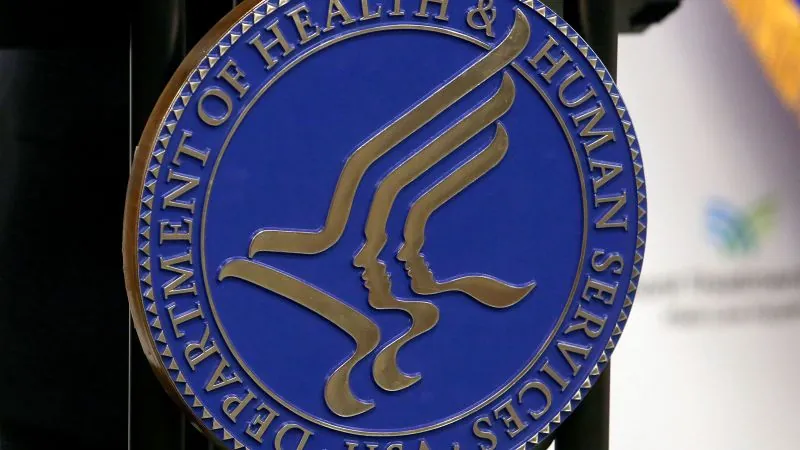
Breakthrough Federal Rule Eases Kidney and Liver Transplants for People with HIV
2024-11-27
Author: Sophie
Overview of the New Rule
In a groundbreaking move, the Biden administration has announced a new federal rule that allows individuals in the United States living with HIV to receive kidney and liver transplants from HIV-positive donors without the need to participate in research studies. This significant change promises to shorten waiting times and broaden the availability of organ transplants for those affected by the virus.
Secretary Becerra's Remarks
U.S. Health and Human Services Secretary Xavier Becerra underscored the importance of the new regulation, stating, “This rule removes unnecessary barriers to kidney and liver transplants, expanding the organ donor pool and improving outcomes for transplant recipients with HIV.” This policy shift builds upon the HIV Organ Policy Equity (HOPE) Act of 2013, which initially permitted research into organ transplantation between HIV-positive donors and recipients.
Historical Context
Prior to this, HIV-positive organ donations were not allowed in the U.S., highlighting a significant barrier for people living with the virus. The recent rule took effect on Wednesday, marking a major advancement in the accessibility of life-saving medical interventions for the HIV community. Carole Johnson, the administrator of the Health Resources and Services Administration, praised this new policy as 'a significant step forward' in enhancing healthcare equity.
Advancements in Transplant Medicine
Advancements in HIV treatment, particularly the utilization of antiretroviral therapies, have greatly improved patient outcomes and safety in solid organ transplants. The world witnessed a historic event in 2016 when the first kidney and liver transplants between HIV-positive donors and recipients were successfully performed. Additionally, a notable milestone occurred in 2019 when an Atlanta woman became the first living kidney donor with HIV, further demonstrating the viability of such transplants.
Future Possibilities
The recent regulation specifically targets kidney and liver transplants, which are well-studied and regarded as safe. However, the National Institutes of Health is exploring the possibility of extending this new policy to other organ types, such as hearts, lungs, and pancreases, for HIV-positive donors and recipients, with public comments being accepted through December 12.
Research Findings
Research has shown promising results, with a study published in the New England Journal of Medicine revealing that kidney transplants from deceased donors with HIV yield outcomes comparable to those from HIV-negative donors. The study analyzed 198 HIV-positive recipients, demonstrating that survival rates and the risk of organ rejection were undifferentiated between donor types. This raises the question: Could we soon see a new era of organ donation where more individuals living with HIV can contribute to saving lives?
Expert Opinion
Dr. Elmi Muller, a renowned transplantation expert from Stellenbosch University, affirmed, 'The safety of organs from HIV-positive donors is no longer in question,' emphasizing the successes and minimal interactions of contemporary HIV treatments with immunosuppressive drugs used during transplants. This pivotal change places the spotlight on the potential for greater fairness and equality for individuals living with HIV, not only as recipients but as viable organ donors, thereby reshaping how we view and utilize organ transplantation.









 Brasil (PT)
Brasil (PT)
 Canada (EN)
Canada (EN)
 Chile (ES)
Chile (ES)
 España (ES)
España (ES)
 France (FR)
France (FR)
 Hong Kong (EN)
Hong Kong (EN)
 Italia (IT)
Italia (IT)
 日本 (JA)
日本 (JA)
 Magyarország (HU)
Magyarország (HU)
 Norge (NO)
Norge (NO)
 Polska (PL)
Polska (PL)
 Schweiz (DE)
Schweiz (DE)
 Singapore (EN)
Singapore (EN)
 Sverige (SV)
Sverige (SV)
 Suomi (FI)
Suomi (FI)
 Türkiye (TR)
Türkiye (TR)